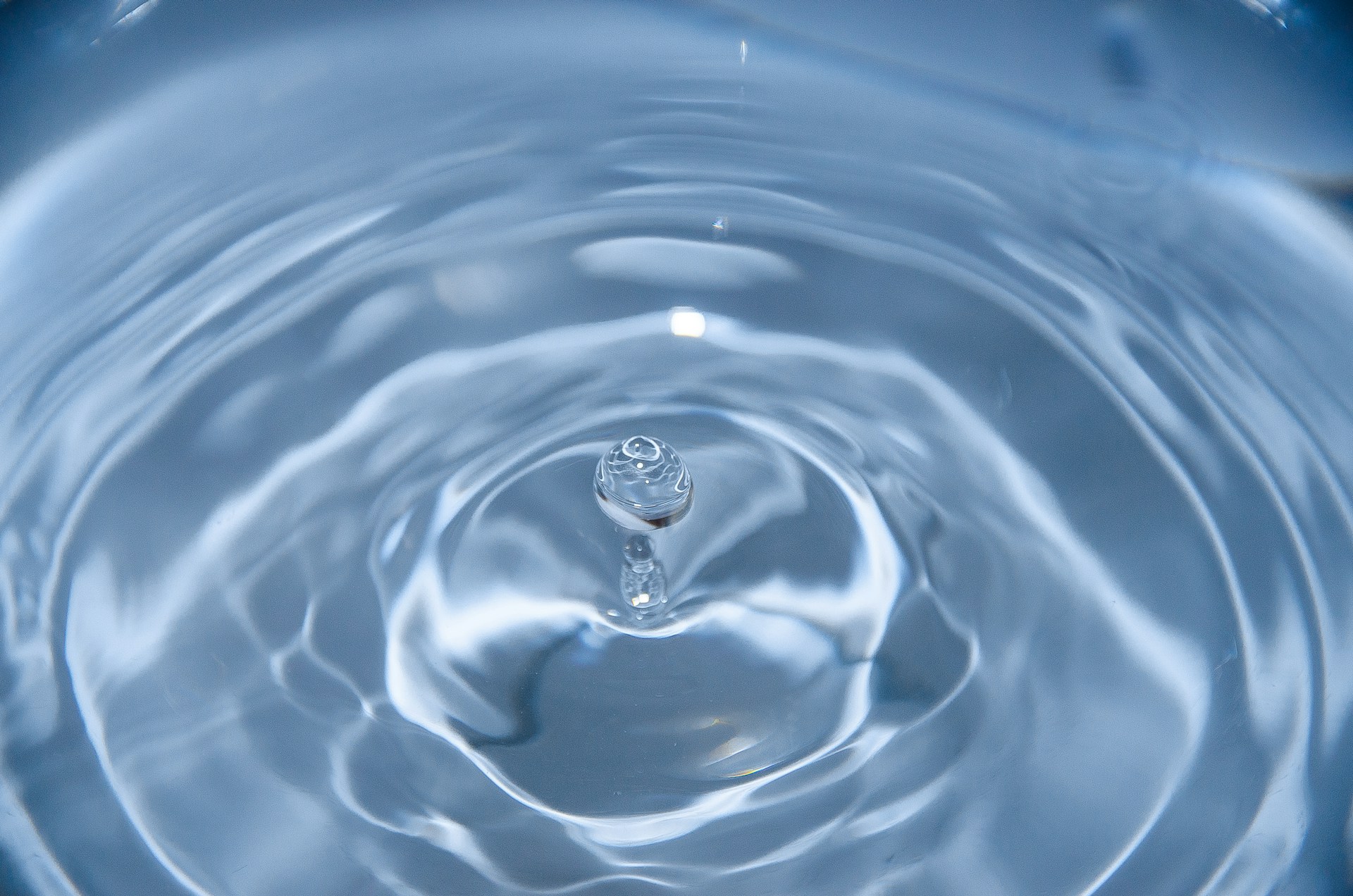Contents
- 1 Importance of Hydration for Overall Health
- 2 Factors Affecting Daily Water Intake
- 3 Understanding the Role of Water in the Body
- 4 Signs and Symptoms of Dehydration
- 5 Calculating Your Personal Water Needs
- 6 Incorporating Water-Rich Foods into Your Diet
- 7 Tips for Tracking Your Water Intake
- 8 Adjusting Water Intake for Different Lifestyles and Activities
- 9 Common Myths and Misconceptions about Water Intake
- 10 Additional Tips for Staying Hydrated Throughout the Day
Importance of Hydration for Overall Health
Water is a fundamental component of our bodies and plays a critical role in maintaining overall health. Staying hydrated is essential for various bodily functions, including digestion, circulation, temperature regulation, and nutrient absorption. Adequate hydration supports the optimal functioning of all body systems, ensuring that they can carry out their functions efficiently.
One of the significant benefits of staying hydrated is the impact it has on our energy levels. Dehydration can lead to fatigue, decreased cognitive function, and reduced physical performance. By ensuring that we are adequately hydrated, we can enhance our energy levels, improve mental clarity, and boost our overall productivity. Additionally, staying hydrated aids in maintaining healthy skin, as it helps to flush out toxins and keep the skin moisturized, reducing the risk of dryness and premature aging.
Factors Affecting Daily Water Intake
The daily water intake necessary for each individual can vary due to several factors. One of the key factors is body weight. Generally, the heavier a person is, the more water they require. This is because larger bodies have a higher metabolic rate which leads to increased water loss through sweat and respiration.
Another factor that affects daily water intake is physical activity. Individuals who engage in more strenuous exercises or have physically demanding jobs tend to lose more water through sweat and therefore need to consume more water to replenish their fluids. Additionally, environmental conditions such as hot weather or high altitudes can also increase water loss and thus increase the need for higher water intake.
Overall, it is important to take into account these factors when determining daily water intake. By considering these factors, individuals can ensure that they are adequately hydrated, promoting optimum health and well-being. So, whether it is adjusting intake for body weight or accounting for physical activity and environmental conditions, understanding these factors is crucial in maintaining adequate hydration levels.
Understanding the Role of Water in the Body
Water is essential for the proper functioning of our bodies. It plays a vital role in almost every physiological process. From regulating body temperature to aiding in digestion, water is involved in numerous important functions. One of its primary roles is to serve as a medium for transporting nutrients and oxygen to cells while also removing waste products. Additionally, water helps to lubricate joints, protect organs, maintain blood volume, and enable proper digestion and absorption of nutrients. Without enough water, these processes can be hindered, leading to various health issues.
Furthermore, water is crucial for maintaining the balance of bodily fluids. It makes up a significant portion of our blood, which carries nutrients and oxygen to different parts of the body. Water also helps to lubricate the joints and acts as a shock absorber for the brain, spinal cord, and other sensitive tissues. It aids in the production of saliva and mucus, which are essential for proper digestion and respiratory function. Additionally, water is involved in the regulation of body temperature, sweating, and flushing out waste products through urination. Overall, understanding the role of water in the body is essential for maintaining optimal health and well-being.
Signs and Symptoms of Dehydration
Dehydration occurs when the body loses more fluids than it takes in. It is important to be aware of the signs and symptoms of dehydration, as it can have detrimental effects on overall health. One of the most common signs is feeling thirsty, as this is the body’s way of signaling a need for more fluids. Additionally, dry mouth and throat, as well as a decrease in urine output, can also be indicators of dehydration. Other symptoms may include fatigue, dizziness, and lightheadedness. In more severe cases, individuals may experience muscle cramps, rapid heartbeat, and even confusion or fainting. It is crucial to recognize these signs in order to tackle dehydration promptly.
Aside from the obvious signs, there are more subtle indicators of dehydration to watch out for. One such symptom is dark-colored urine, which can suggest a concentrated urine flow due to lack of hydration. Additionally, dry or cool skin, along with a lack of tears when crying, can also indicate dehydration. Moreover, individuals may experience headaches and a general feeling of weakness or fatigue. It is important to note that these symptoms can vary depending on the severity of dehydration and the individual’s overall health. Therefore, it is advisable to remain vigilant and listen to your body’s signals to ensure proper hydration levels are maintained.
Calculating Your Personal Water Needs
To ensure optimal hydration, it is important to calculate your personal water needs based on various factors. One simple method to determine your daily water intake is by considering your body weight. It is generally recommended to consume 0.5 to 1 ounce of water per pound of body weight. For example, a person weighing 150 pounds may need approximately 75 to 150 ounces of water per day.
Apart from body weight, other factors such as activity level, climate, and overall health also influence your water requirements. If you are physically active or live in a hot and humid environment, you will likely need to consume more water to compensate for fluid loss through sweat. Similarly, certain health conditions or medications may increase your requirement for water. It is crucial to consult with a healthcare professional to determine the appropriate amount of water intake for your specific needs. By calculating your personal water requirements accurately, you can maintain proper hydration and support overall health and well-being.
Incorporating Water-Rich Foods into Your Diet
When it comes to staying hydrated, it’s not just about the water you drink. Incorporating water-rich foods into your diet can also help keep you well-hydrated throughout the day. Foods such as cucumbers, watermelon, strawberries, and oranges are not only delicious but also contain a high percentage of water. Snacking on these fruits and vegetables can be a tasty way to increase your fluid intake and maintain proper hydration levels.
Another great option for adding water-rich foods to your diet is to include soups and broths. These not only provide hydration but also offer additional nutrients and flavors. Whether you opt for a warm vegetable soup or a refreshing gazpacho, soups can be an excellent way to increase your water intake and enjoy a nutritious meal at the same time. Additionally, incorporating foods like yogurt, smoothies, and chia seeds can contribute to your overall hydration due to their high water content. Making simple tweaks to your diet and choosing water-rich foods can help support your body’s hydration needs.
Tips for Tracking Your Water Intake
There are several effective methods for tracking your water intake throughout the day. One simple approach is to use a reusable water bottle with measured markings, allowing you to easily keep track of how much water you have consumed. By filling the bottle at the start of each day and aiming to finish it by the end of the day, you can ensure that you are meeting your daily hydration goals. Another useful method is to set reminders on your phone or computer to drink water at regular intervals. These reminders can help keep you accountable and ensure that you are consistently hydrating throughout the day. Try using an app that tracks your water intake and sends reminders, making it even easier to incorporate proper hydration into your daily routine.
Adjusting Water Intake for Different Lifestyles and Activities
Different lifestyles and activities can greatly influence our daily water intake needs. For instance, individuals who engage in intense physical activities or exercise regularly tend to lose more fluids through sweat. Therefore, it is essential for them to adjust their water intake accordingly to replenish the lost fluids and prevent dehydration. On the other hand, individuals with sedentary lifestyles may not exert themselves physically as much and may not require as much water. However, it is still important for them to maintain adequate hydration to support overall health and bodily functions.
In addition to the level of physical activity, other factors such as climate and altitude can also impact water requirements. Hot and dry climates, for example, can increase fluid loss due to excessive perspiration, while high altitudes can lead to increased breathing rate and greater water loss through respiration. It is therefore crucial to consider these environmental factors when adjusting water intake for optimal hydration. By understanding the demands of different lifestyles and activities, individuals can make informed decisions about their water consumption to keep their bodies properly hydrated.
Common Myths and Misconceptions about Water Intake
There are several common myths and misconceptions surrounding water intake that can lead to misunderstandings about how much water we actually need. One of the most prevalent misconceptions is that everyone needs to drink 8 glasses of water per day. While this is a commonly quoted guideline, the reality is that our water needs can vary depending on factors such as age, weight, activity level, and climate. It’s important to remember that there is no one-size-fits-all approach to hydration, and it’s best to listen to your body’s signals of thirst and adjust your water intake accordingly.
Another myth is that caffeinated beverages, such as coffee or tea, have a dehydrating effect on the body. While it is true that caffeine is a mild diuretic, meaning it can increase urine production, studies have shown that moderate intake of caffeinated beverages does not have a significant dehydrating effect. In fact, the water content in these drinks can contribute to overall hydration. However, it’s worth noting that excessive consumption of caffeinated beverages can have other health implications, so moderation is key.
Additional Tips for Staying Hydrated Throughout the Day
One way to stay hydrated throughout the day is to carry a water bottle with you everywhere you go. Having easy access to water encourages you to drink more frequently, especially if you have a busy schedule or spend a lot of time on the go. Consider investing in a reusable water bottle that is both durable and easy to carry, so you can stay hydrated no matter where you are.
Another tip for staying hydrated is to set reminders for yourself. With the busyness of daily life, it’s easy to forget to drink enough water. Try setting reminders on your phone or computer to alert you at regular intervals throughout the day to take a drink. You can also use apps or wearable devices that track your water intake and provide reminders to drink. By incorporating reminders into your daily routine, you’ll be more likely to stay on top of your hydration goals.

